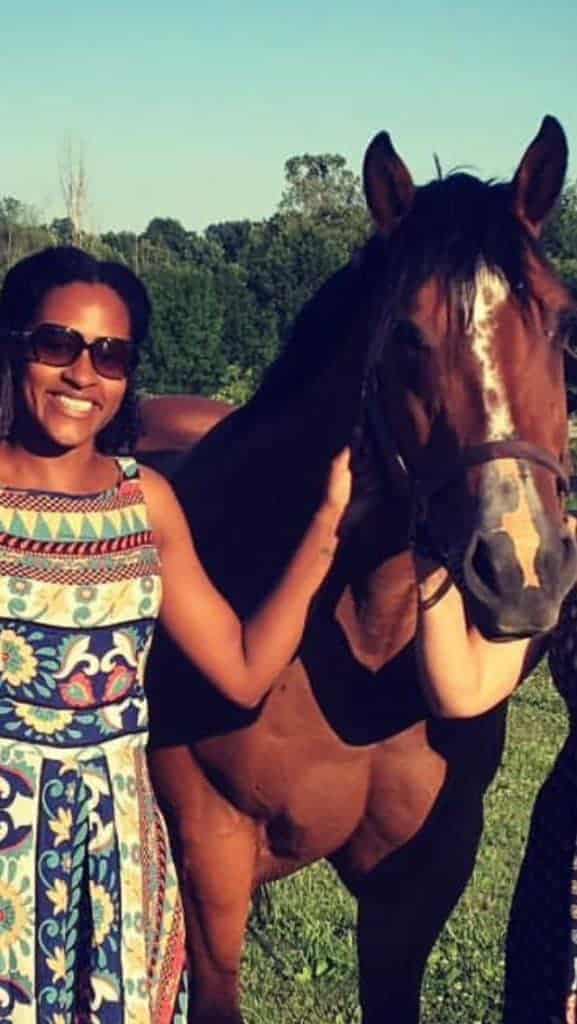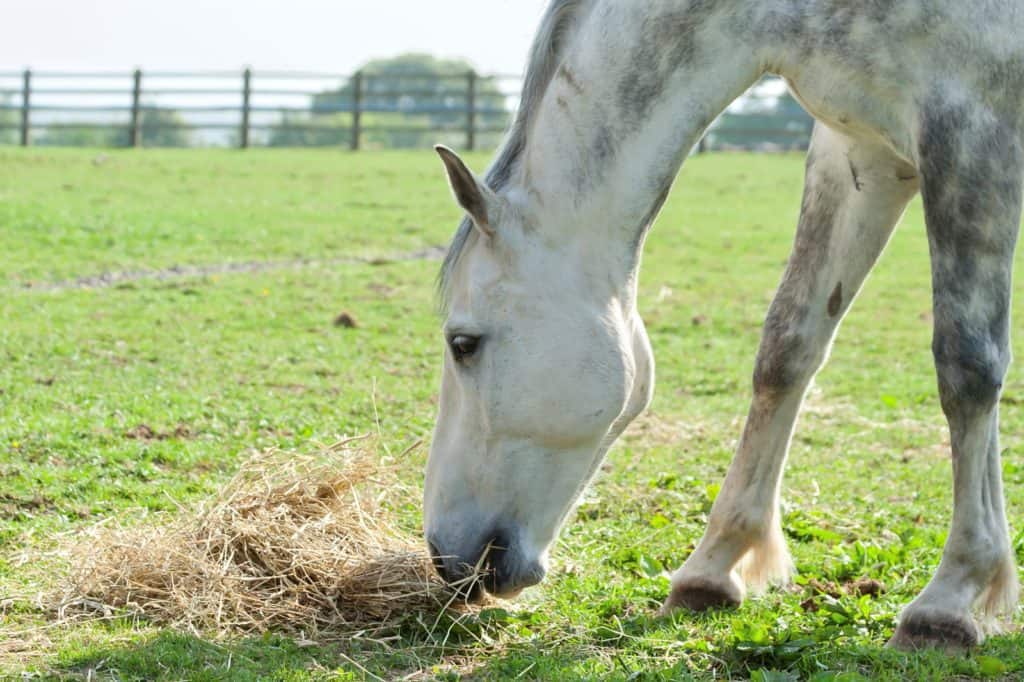
How to Feed Senior Horses
Age is a number, not a disease, said Dr. Megan Shepherd. Remember this when tailoring a diet for your older horse.

Age is a number, not a disease, said Dr. Megan Shepherd. Remember this when tailoring a diet for your older horse.

Pay special attention to the purpose statement, guaranteed analysis, ingredients, and directions for use.

Boakari is studying protein’s effects on mare reproductive parameters such as early pregnancy loss and embryo quality.

Nutrition affects your horse’s hooves, but balance is essential for hoof health.

A reader asks about the risks and benefits of her horse eating a favorite treat: grapefruit. Our nutritionist weighs in.

A vitamin E deficiency can lead to neurologic problems as well as a retina disorder called pigment retinopathy.

Our “Why Does My Horse Do That?” winner wants to know why her mare’s buddy licks the mare after meals.

Too much dietary selenium can cause toxicity or even death. But too little selenium can be life-threatening, as well.

Find out how feeding recommendations and diets for performance horses have changed over the years.

Save time and money by giving your feed room a good spring cleaning with these tips.

These micronutrients found in forage, feeds, and supplements help support the athletic horse’s health.

Smith’s research is focused on determining the dietary requirement for the amino acid threonine in growing horses.

In a nutshell, phosphorus is an essential nutrient that horses cannot live without. Here’s what you should know.

Latham is researching amino acid supplementation’s effects on whole body and muscle protein synthesis in aged horses.
Speakers will discuss different aspects of feeding high-performance horses March 24 in Hunt Valley, Maryland.

Mok’s research suggests that threonine might not be a limiting amino acid in mature horses fed a typical diet.
Stay on top of the most recent Horse Health news with
"*" indicates required fields